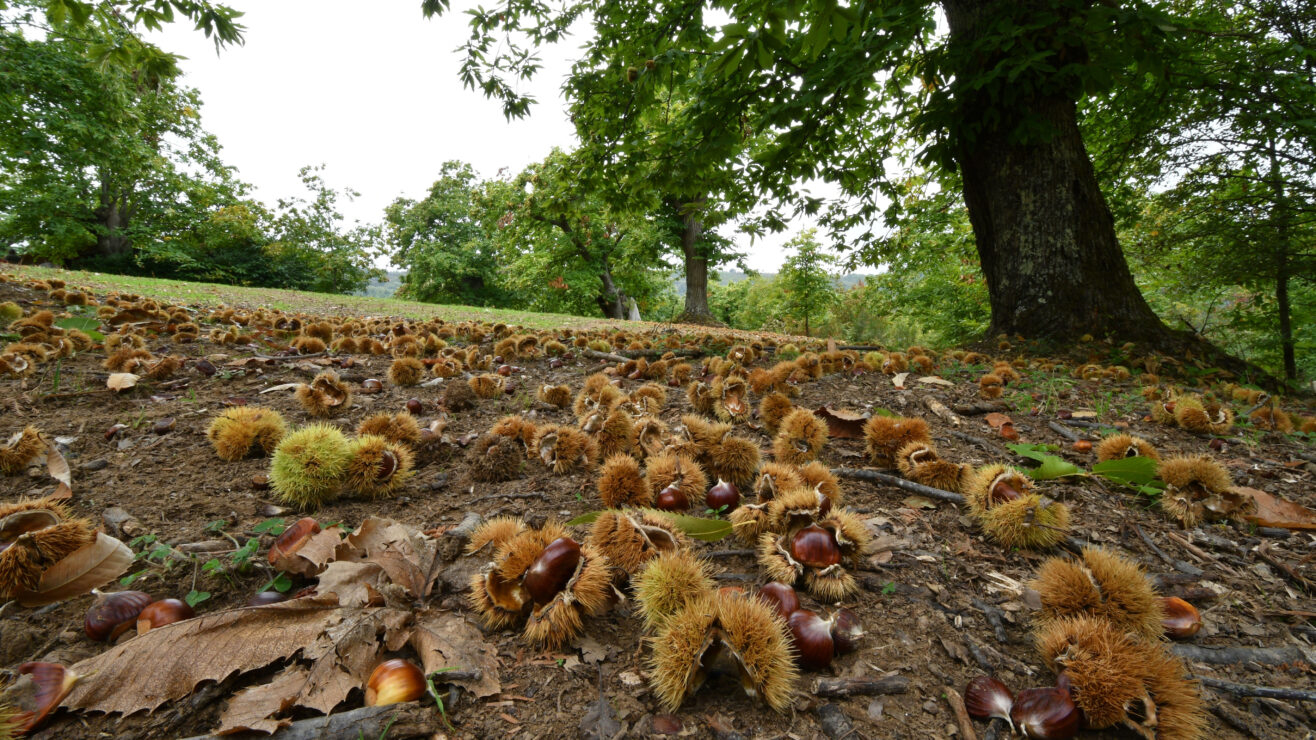In September we celebrated the inaugural Pearson HE Innovate awards, celebrating fresh thinking and practice in learning, teaching and student support.
It’s always inspiring to hear stories about the educators who have gone above and beyond, done things differently, and in doing so, made a difference to their students. Those individuals deserve recognition for their hard work and dedication.
But industry awards like the HE Innovate awards – and any equivalent initiative within universities and students’ unions – must add up to more than one night of celebration. How can we ensure that award schemes don’t simply promote the myth of exceptionality and widen the perceived gap between the “pedagogic heroes” and everyone else? How can we ensure that instead, they act as a spur to action, providing the spark that starts a new idea, collaboration or project?
To answer that, we need to dive behind the scenes of the projects and people that our awards recognise to understand the qualities they brought to their projects and how they developed their ideas within the constraints of their organisations.
Here is a summary of our award winning projects and the project leads (an outline of each project, plus all shortlisted submissions, can be found here):
Most Innovative Approach to Supporting Students: Coaching for Academic Success, Dr Sophia Bokhari, University of East London, School of Psychology
Most Innovative Approach to Widening Participation in the Curriculum: Gateway to Medicine (G2M) Programme, Dr Stephen Davies, University of Aberdeen
Most Impactful Use of Pearson Digital Courseware or Services: Engaging Students and Supporting Learning, Dr Danielle McConville, Queen’s University Belfast.
Most Innovative Approach to Developing Employability Skills: Creating a Sustainable World, Dr Jen O’Brien, University of Manchester
Most Innovative Hybrid or Blended Learning Project: The Innovative Implementation of Mixed Reality Technology into Practical Chemistry Classes, Dr Lesley Howell, Queen Mary University of London
We brought together three of our award winners to try to unpack the idea of innovation as something that happens in a particular context, and moment, rather than a divine spark – and learn the lessons for how,] as a sector, we might further support and foster innovation across the learning and teaching landscape.
Navigating institutional process
Institutional processes are there for good reason but they can easily become barriers to innovation. There is a risk that hierarchical sign off procedures become dependent on who you know rather than what you are bringing to the table. The academics we spoke to, like many others in the sector, felt that the pandemic had enabled them to be more agile and that it has demonstrated that they can work in a more streamlined QA process.
“We know our students and what their needs are so if we need to change a module title I shouldn’t need to go through three levels of QAE process – when module leaders are tired and exhausted having to make the change feels too much.”
Supporting new academics through the institutional processes is key. Our winners admitted that without a good understanding of university processes or “a very good mentor” anyone new to their institution would find the sign off process extremely difficult.
“Quality assurance is there for a reason but often it can stifle innovation, it can stop inventive people having a go.”
Giving early career and new staff “insider” support (i.e. not just training on the process itself) to navigate those processes could make a tangible difference to the number of innovative projects that are put forward and signed off.
The academics we spoke to talked about the “basket of skills” needed in order to develop and share their projects. In addition to negotiating internal processes and running the project itself, our winners found they needed to utiltise softer skills to publicise it and to get others on board. There may also be merit in helping to develop new staff in these areas.
Create space for ideas to spark
Our discussion suggested there is a need for universities to actively create groups where people can come together to share ideas and develop them. Some of our winners had seen the formal module review meetings becoming more of a tick box exercise, so other groups such as a discussion forum or seminar series for teaching and learning had been set up specifically to spark, share and develop ideas.
“Ideas come from the ground and the role of the university should be not to squash them or give the impression they are not worth bothering about.”
Taking time to genuinely reflect and understand where things need to be improved, is an important and often overlooked activity.
“I’ve won staff trust, taken time to hear what students need, reflected on what students think they need, looked at progression rates and student backgrounds, traumas that students bring with them and how we can align pedagogy with those, and we have monthly reflexive meetings with team and student reps about project. Some of this is to do with leadership, to be reflexive, to understand we’re not always getting it right, and to find the middle ground between being target driven and focusing on process.”
Recognition, and supporting practice sharing
With multiple hoops to jump through to make change happen, alongside the prioritisation of research in many institutions, it’s easy to understand why some academics feel constricted about trying new teaching and learning models. This is why recognition and support is so important.
“The teaching and learning forum is partly about spreading the idea that teaching and learning innovation is worth it, something worth taking the time to invest in. Through the forum we’re validating people doing things like this, taking time to innovate, and making things better.”
For some people, it’s about recognising that they are already innovating and helping them to share their practice.
“Lots of people are doing it, but don’t realise what they’re doing is really interesting or why they should share it. Course leaders are important – they need to be across what’s going on, and nurture interesting things.”
“What’s special isn’t doing interesting things but about spreading your practice, sharing it.”
“There are lots of little pockets of excellence. We make that contagious by looking at the environment, people’s appetite for risk, and whether they are feeling a sense of autonomy. This is where leadership is really critical to make sure staff are empowered and trusted, and to remove barriers.”
Leaders play a critical role in empowering their staff to try new things. By making innovation part of staff evaluation and feedback, they can create a culture where change is the norm not the outlier.
Two of the projects have roots in external funding. This can be a useful spur to action and often enables projects to be fast tracked through the sign off process BUT our winners were anxious to point out that it then needs to be recognised within the institution so it’s sustainable.
There was general agreement that having external validation (be that an award or any other kind of recognition) certainly helps to increase visibility of projects (both within the university itself and externally) and boosts the opportunity for collaboration with others in the sector.
In summary, our conversation showed that there are pockets of excellent innovation happening all over universities, but much of it goes unrecognised (both by the person delivering it, and by the institution itself). By supporting new staff, making innovation part of evaluation and feedback, and creating spaces where reflective conversations can happen and be shared, universities can nurture innovation more actively.
Many thanks to all those who put forward a submission for the HE Innovate Awards this year and congratulations to those who won awards or were shortlisted in their category. Special thanks go to three of our winners, Dr Sophia Bokhari (University of East London), Dr Danielle McConville (Queen’s University Belfast) and Dr Stephen Davies (University of Aberdeen) for sharing their experience and ideas in a fascinating discussion group about innovation which informed this article.
This article is published in association with Pearson.













